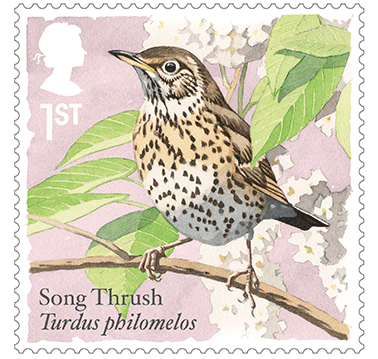There has been a large population decline of the song thrush Turdus philomelos in Britain during the last three decades, which has reduced breeding densities on farmland by nearly 70% between 1968 and 1999. Survival of birds in their first year of life after fledging was shown to have a great impact on population changes. Changes in survival in the first winter are sufficient to have caused the song thrush population decline. Earthworms and other soil-dwelling invertebrates form a large component of the diet of song thrushes, particularly between December and May. Earthworms move deeper into the soil and/or become inactive during periods of cold weather and hence become less available as prey for song thrushes. Reduced availability of invertebrate food could explain reduced survival in the winter.
Source: Robinson RA et al. (2004) Journal of Animal Ecology 73: 670-682
ftp://80.57.161.240/artikelen/Z/Zanglijster3.pdf

- Log in to post comments
